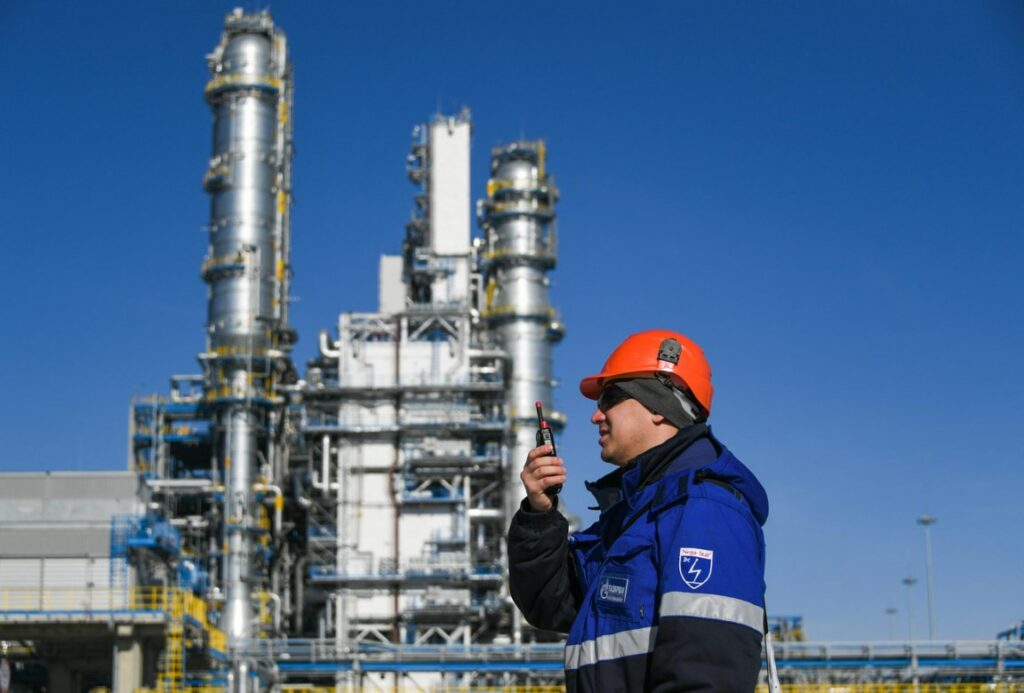Following the announcement that Russia has halted gas supplies to Poland and Bulgaria on Wednesday, Federal Energy Minister Tinne Van Der Straeten said that Belgium is "fully prepared" for the impact of that decision.
Belgium is also expected to feel the consequences of the threat by Russian President Vladimir Putin, while energy prices already are at a record high. For the time being, however, there is "no impact on the Belgian supply of natural gas," Van Der Straeten's cabinet told the Belga News Agency.
Belgium is a hub for gas supplies to the EU, but only has a very small share of Russian gas (6%) for its own consumption. Additionally, the port of Zeebrugge is an asset, with more than enough capacity to import liquefied natural gas (LNG) from other countries.
Related News
- Explainer: What shutting off Russian gas would mean for Belgium
- Ukraine war: ‘The EU will make sure that you will win the war’
- Belgians hit with record energy bills as providers reap the profits
Currently, there are no elements to set in motion the "early warning" phase of the national Natural Gas Emergency Plan in Belgium, stressed Van der Straeten. "The situation is serious but Belgium is fully prepared."
"This sad escalation by Russia shows once again how European dependence on fossil fuels is being used as a weapon. The prices of fossil fuels are rising again. High prices that put Belgian families, businesses and our industry under pressure," she said. "Accelerating the energy transition is more essential than ever."
Both Poland and Bulgaria are no longer receiving Russian gas since 00:08 on Wednesday morning "due to their failure to pay in rubles," the Russian state gas company Gazprom announced.
Ukraine and allies have called the move "blackmail" and another attempt "to divide our allies." Meanwhile, the price of gas is skyrocketing.
'Gas as an instrument of blackmail'
Last month, Putin already stated that Russia would only accept payments in rubles for its gas, but according to the EU, this is a breach of the sanctions imposed on the country.
Additionally, the Russian decision to stop gas supply to Bulgaria as well as Poland is remarkable: while Poland has always openly opposed Russian demands for payment in rubles, Bulgaria has always remained on the sidelines of the conflict. The country did not send any weapons or other military aid to Ukraine either.
In the meantime, President of the European Commission Ursula von der Leyen called the stop in gas delivery to customers in the EU "yet another attempt by Russia to use gas as an instrument of blackmail."
In a statement, she called it "unjustified and unacceptable," and added that it "shows once again the unreliability of Russia as a gas supplier."
However, she also stressed that the EU is "prepared for this scenario" and is in close contact with all Member States. "We have been working to ensure alternative deliveries and the best possible storage levels across the EU."
The EU will continue working with international partners and world leaders to secure alternative flows and ensure the security of energy supply in Europe.
"Europeans can trust that we stand united and in full solidarity with the Member States impacted in the face of this new challenge. Europeans can count on our full support."

